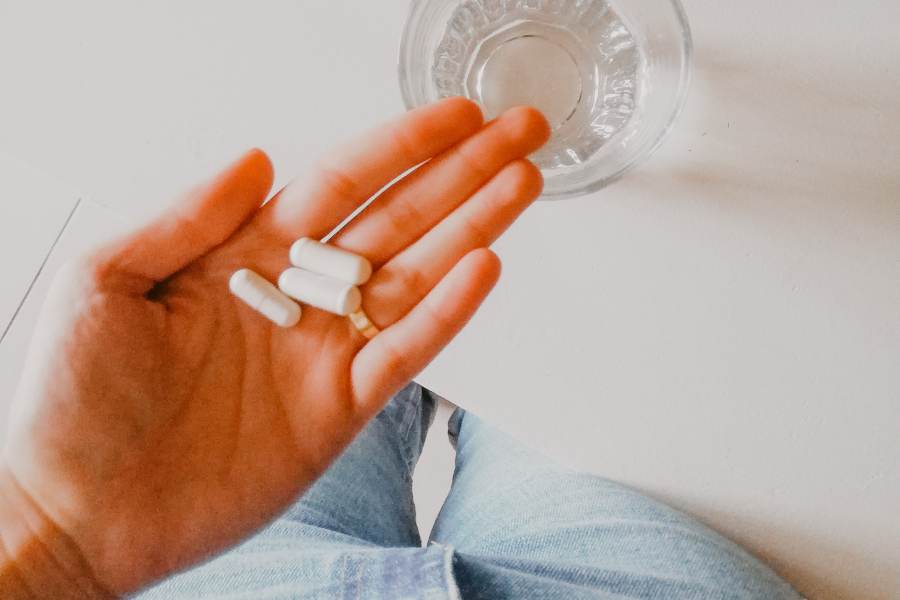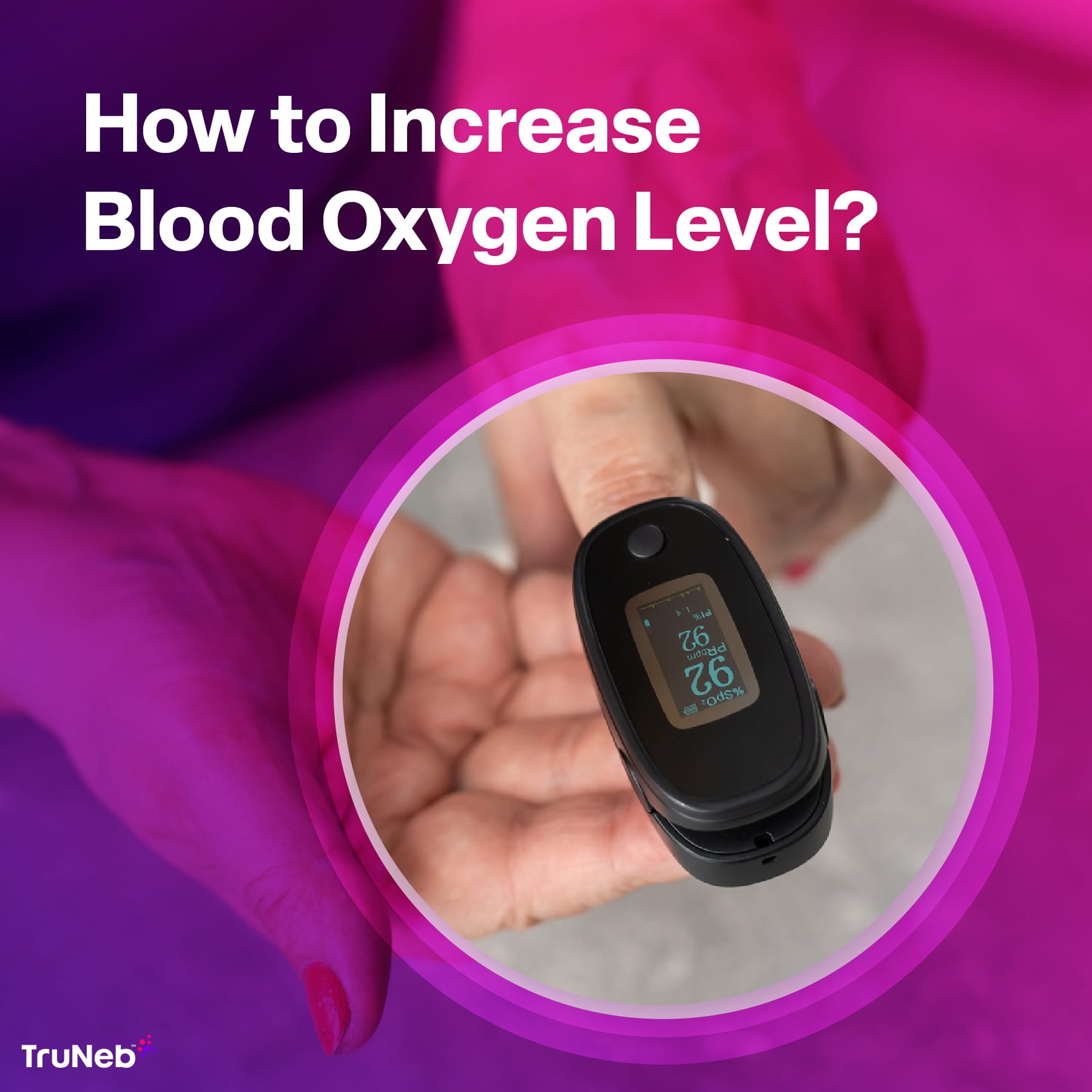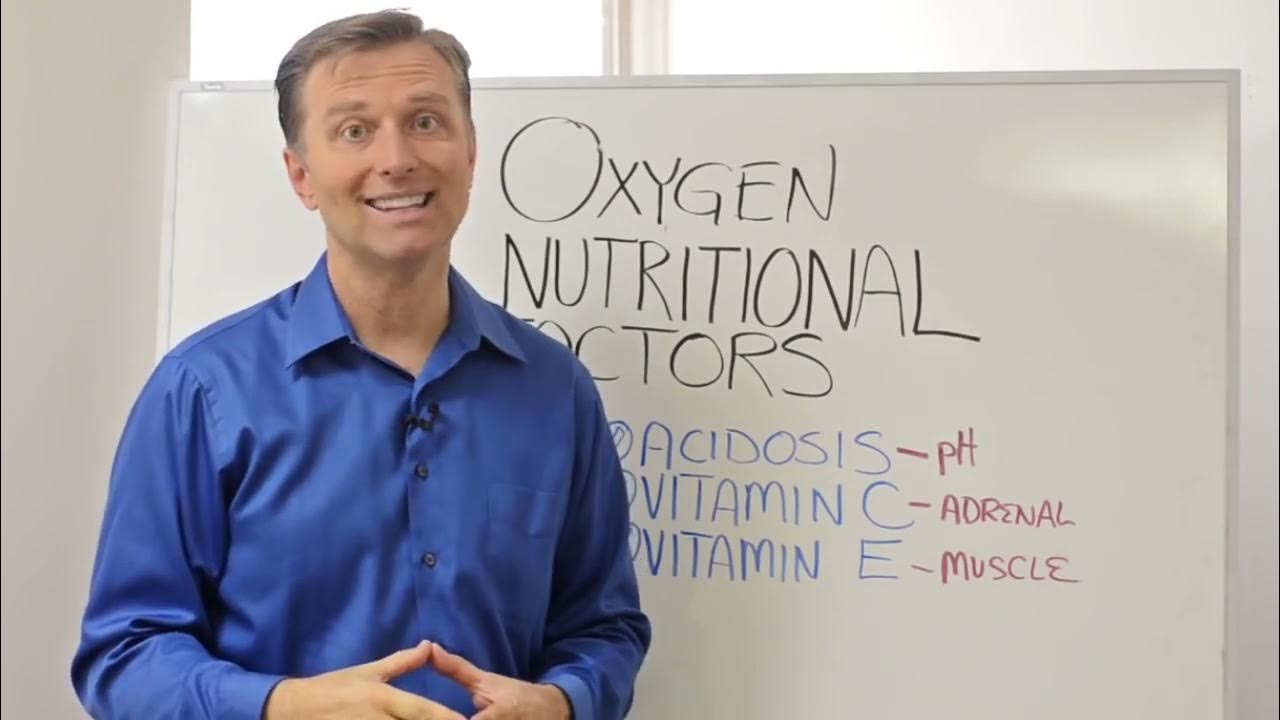How To Increase Oxygen In Blood With Supplements

Imagine a deep breath of crisp mountain air filling your lungs, the invigorating sensation coursing through your veins, leaving you feeling energized and alive. Now, what if you could tap into that revitalizing feeling more often, even without the mountain vista? The quest to optimize our body's oxygen levels has led many down the path of dietary supplements, promising a boost in well-being and overall health. But navigating this world requires a thoughtful approach, discerning fact from fiction.
This article explores the potential role of supplements in supporting healthy blood oxygen levels, examining credible evidence and offering insights into safe and effective strategies. We'll delve into the science behind these supplements, what the research suggests, and how to approach them with informed caution.
Understanding Blood Oxygen & Its Importance
Our blood acts as a vital transport system, delivering oxygen from the lungs to every cell in the body. This oxygen is crucial for cellular energy production, powering everything from muscle movement to brain function.
When blood oxygen levels are suboptimal, a condition known as hypoxemia, it can lead to fatigue, shortness of breath, and even more serious health complications. Maintaining healthy oxygen saturation is therefore paramount for overall well-being.
The Supplement Landscape: What's Available?
A variety of supplements are marketed with the promise of improving blood oxygen levels. These often include iron, certain vitamins, and herbal remedies believed to have oxygen-boosting properties.
However, it's crucial to understand that supplements are not a magic bullet, and their effectiveness can vary greatly depending on the individual and the underlying cause of any oxygen deficiency. Before starting any new supplement regimen, consulting with a healthcare professional is essential.
Iron: A Cornerstone for Oxygen Transport
Iron is a critical component of hemoglobin, the protein in red blood cells responsible for carrying oxygen. Iron deficiency anemia, a condition where the body doesn't have enough iron, can directly lead to reduced oxygen carrying capacity in the blood.
Supplementing with iron can be beneficial for individuals diagnosed with iron deficiency. It's important to determine your iron levels through a blood test to avoid iron overload, which can be harmful.
According to the National Institutes of Health (NIH), the recommended daily allowance of iron varies depending on age, sex, and life stage. Individuals should consult their doctor to understand how much iron supplementation they require.
Vitamin C: Enhancing Iron Absorption
Vitamin C, also known as ascorbic acid, plays a vital role in boosting iron absorption. Vitamin C helps convert non-heme iron (the type found in plant-based foods) into a form that is easier for the body to absorb.
Pairing iron supplements with vitamin C-rich foods or supplements can enhance iron absorption and improve its effectiveness. Good sources of vitamin C include citrus fruits, berries, and bell peppers.
Coenzyme Q10 (CoQ10): Supporting Cellular Energy
Coenzyme Q10 (CoQ10) is an antioxidant that plays a crucial role in cellular energy production. It assists in the process of converting food into energy within the mitochondria, the powerhouses of our cells.
Some research suggests that CoQ10 supplementation may improve oxygen utilization at the cellular level, particularly in individuals with conditions affecting energy production. However, more research is needed to fully understand its impact on blood oxygen levels directly.
Ginkgo Biloba: Potential for Improved Circulation
Ginkgo Biloba is an herbal supplement often touted for its potential to improve blood circulation. Improved circulation can lead to better oxygen delivery to tissues and organs.
While some studies suggest that Ginkgo Biloba may have vasodilating effects, widening blood vessels and potentially improving blood flow, the evidence is not conclusive regarding its direct impact on blood oxygen saturation. It's also important to note that Ginkgo Biloba can interact with certain medications, so consulting with a healthcare professional is crucial before use.
Beetroot Juice: Nitrates and Oxygen Delivery
Beetroot juice has gained popularity among athletes for its potential to enhance performance through improved oxygen delivery. Beetroots are rich in nitrates, which the body converts to nitric oxide.
Nitric oxide helps relax blood vessels, leading to increased blood flow and potentially better oxygen delivery to muscles. Some studies have shown that beetroot juice supplementation can improve exercise performance and reduce oxygen cost during physical activity.
The Importance of Lifestyle Factors
Supplements can be a helpful adjunct, but they should not replace a healthy lifestyle. Regular exercise, a balanced diet, and avoiding smoking are fundamental for maintaining healthy blood oxygen levels.
Exercise increases the body's demand for oxygen, prompting it to adapt and become more efficient at oxygen delivery and utilization. A nutrient-rich diet provides the building blocks for healthy red blood cell production and overall cardiovascular function.
Navigating the Supplement World: Precautions and Considerations
The supplement industry is vast and varied, and not all products are created equal. Look for supplements that have been third-party tested for quality and purity.
Be wary of exaggerated claims and always consult with a healthcare professional before starting any new supplement regimen. Supplements can interact with medications and may not be suitable for everyone.
It's important to remember that supplements are intended to support, not replace, conventional medical care. If you have concerns about your blood oxygen levels, seek professional medical advice.
Listen to Your Body
Paying attention to your body's signals is crucial. Persistent fatigue, shortness of breath, or other symptoms suggestive of low blood oxygen levels warrant a visit to your doctor.
They can assess your oxygen saturation, identify any underlying causes, and recommend appropriate treatment options. Self-treating with supplements without a proper diagnosis can be detrimental.
A Holistic Approach
Ultimately, optimizing blood oxygen levels is a holistic endeavor. It involves a combination of lifestyle factors, potentially supplemented by targeted nutrients, under the guidance of a healthcare professional.
Rather than seeking a quick fix, focus on building a foundation of healthy habits that support overall well-being and oxygen delivery. By prioritizing a balanced approach, you can work towards unlocking your body's full potential and experiencing the vitality that comes with optimal oxygen levels.
The journey towards better health is often a marathon, not a sprint. By taking informed steps and listening to your body, you can pave the way for a more energized and vibrant life.

















